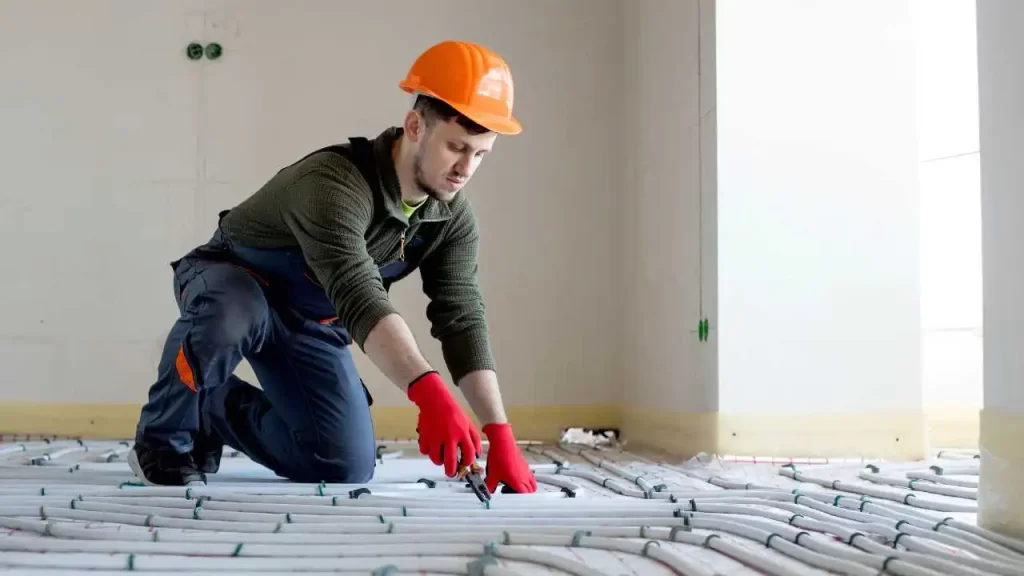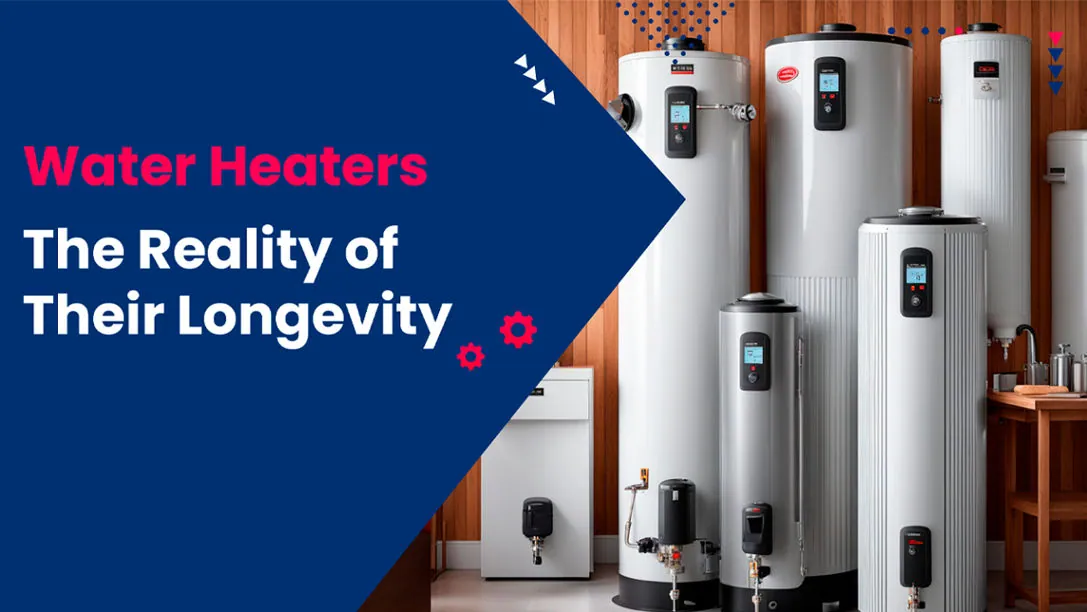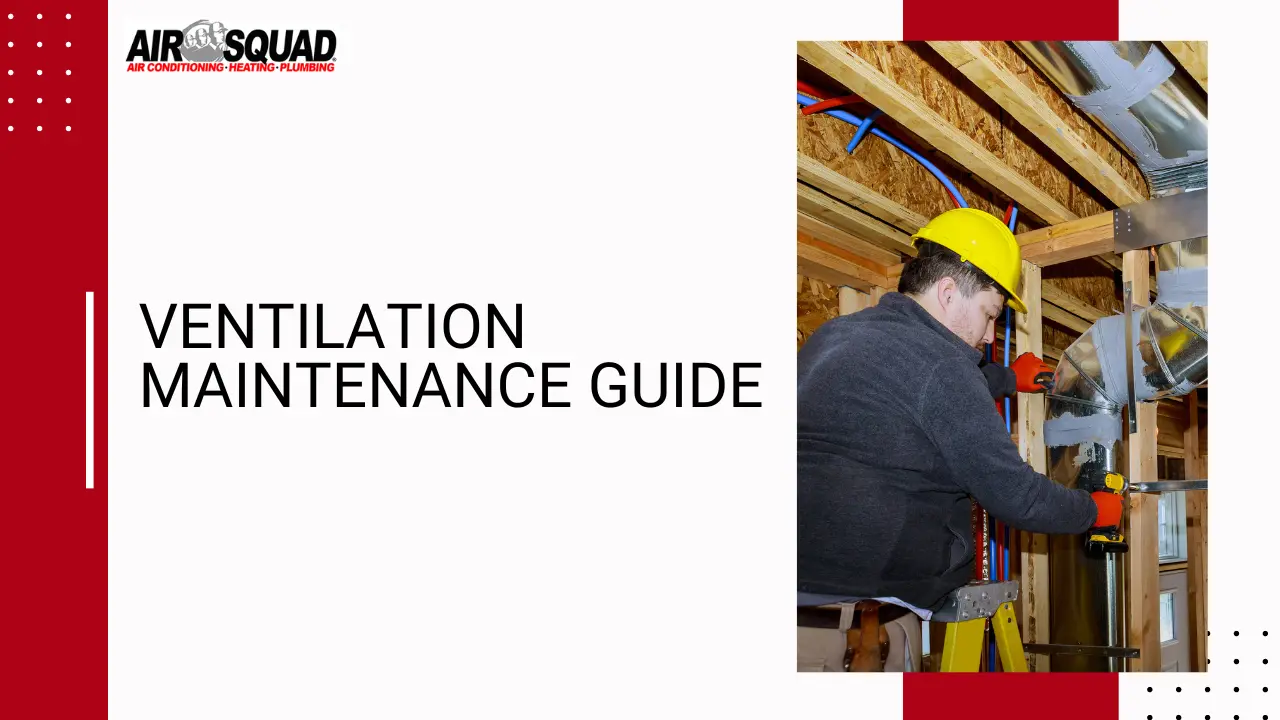The Benefits of Hydronic Heating Systems

Hydronic heating systems, also known as radiant heating systems, are gaining popularity as efficient, comfortable, and healthy home heating solutions. Unlike traditional forced-air systems, hydronic systems rely on heated water circulating through a network of pipes to deliver warmth throughout the home.
What is Hydronic Heating?
Hydronic heating systems utilize a boiler to heat water, which is then pumped through a series of pipes embedded in floors, walls, or radiators. The heat from the water radiates and warms the surrounding objects and air, creating a cozy and comfortable environment.
Key Benefits of Hydronic Heating
Hydronic heating systems offer many benefits over traditional forced-air systems:
1. Superior Energy Efficiency
- Water as a heat conductor: Water has a much higher heat capacity than air, meaning it can hold and transfer heat more effectively. Hydronic systems require less energy to heat and maintain desired temperatures, leading to savings on energy bills.
- Low-temperature operation: Hydronic systems can operate at lower temperatures than forced-air systems, further enhancing energy efficiency.
- Zoning: Advanced hydronic systems allow for precise zoning, enabling you to heat only the areas you’re using, minimizing energy waste.
2. Unmatched Comfort
- Radiant heat: Hydronic systems deliver heat through radiant warmth, gently and evenly heating objects and surfaces in the room. Instead of hot air blasts, radiant heat mimics the natural warmth of the sun, providing a more pleasant and consistent feeling of comfort.
- Gentle warmth: Radiant heat systems usually operate with lower surface temperatures than traditional radiators, creating a warm feeling without overly hot surfaces.
- No drafts: Unlike forced-air systems that can create uncomfortable drafts, hydronic systems don’t move air, leading to a draft-free and cozier environment.
3. Improved Air Quality
- Reduced airborne allergens: Hydronic systems don’t rely on circulating air like forced-air systems. This means that dust, pollen, and other allergens are less likely to be blown around your home, improving indoor air quality.
- Ideal for allergy sufferers: Those suffering from allergies or respiratory issues can find significant relief with hydronic heating, which reduces the circulation of airborne irritants.
4. Flexibility in Design
- Underfloor heating: Hydronic systems are often installed under floors, creating invisible warmth and maximizing floor space by eliminating the need for bulky radiators.
- Radiator options: If you prefer the aesthetics, modern radiators integrate seamlessly into various design styles while still providing efficient hydronic heating.
- Retrofitting: Hydronic systems can sometimes be retrofitted into existing structures, depending on building specifications.
5. Quiet Operation
Hydronic systems operate nearly silently. You won’t have to deal with rumbling furnaces, noisy air handlers, or air whistling through ductwork that can disrupt your peace and quiet.
6. Enhanced Safety
Hydronic systems present fewer safety concerns compared to forced-air systems. There’s no risk of carbon monoxide leaks, and the system’s hot surfaces are typically at lower temperatures and less exposed than traditional radiators.
Conclusion
Hydronic heating systems offer a compelling option for homeowners seeking a combination of superior comfort, energy efficiency, improved air quality, and a healthier home environment. As awareness of hydronic systems grows, they present an intelligent and future-proof solution for modern homes.
FAQs (Frequently Asked Questions)
Hydronic systems often have a higher upfront installation cost compared to forced-air systems. However, their long-term energy savings, durability, and reduced maintenance needs can offset the initial investment over time.
Yes, hydronic heating is suitable for various climates and can be adapted to provide a comfortable environment in both cold and moderate weather.
Professional installation of hydronic heating systems is highly recommended. It involves precise calculations for pipe sizing and layout, as well as proper boiler selection and connection.


20 Tips for Optimizing Your Heating System for Winter: Efficient and Eco-Friendly Strategies
As the cold temperatures of winter blow across the landscape, it's impossible to ignore that…

Ventilation System Maintenance: Tips for Optimal Performance
A well-functioning ventilation system is essential for maintaining good indoor air quality, a comfortable environment,…



 ICONIER Digital Agency
ICONIER Digital Agency